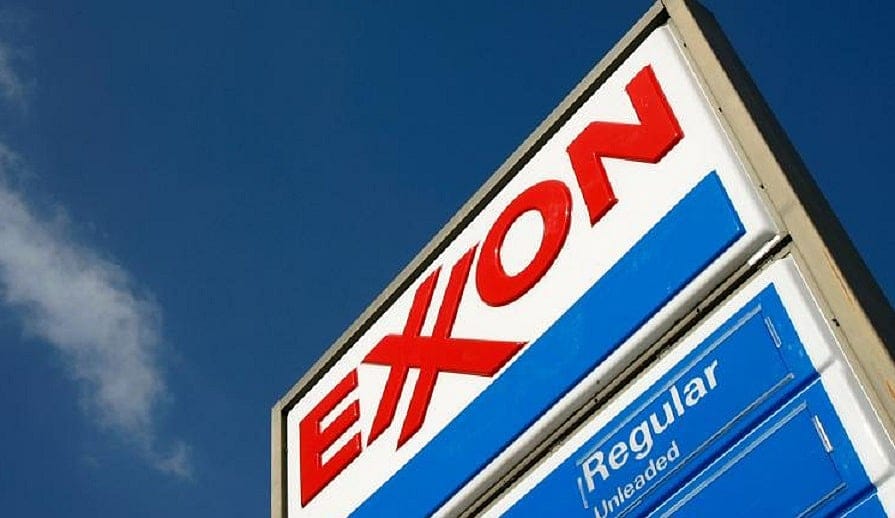Does New York Dial-Back Suggest Ill Tidings for Massachusetts Attorney General’s Climate Change Case Against ExxonMobil?

An energy analyst says a late decision by the New York Attorney General to drop two of four fraud allegations against ExxonMobil in a lawsuit over climate change bodes ill for the Massachusetts Attorney General's case against the oil giant.
On Thursday, November 7, a lawyer for the New York Attorney General's office told a judge before closing arguments in a trial that the state would drop two fraud counts alleging actual harm done by ExxonMobil and keep two remaining counts under an expansive New York state law that outlaws misrepresentation even if no damage occurred.

